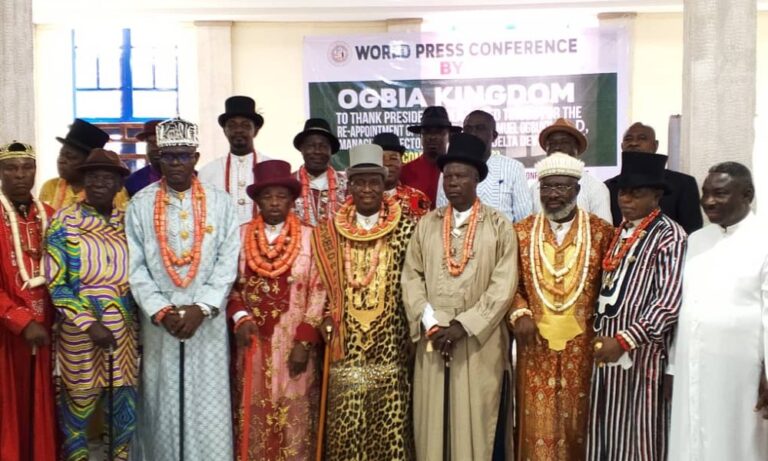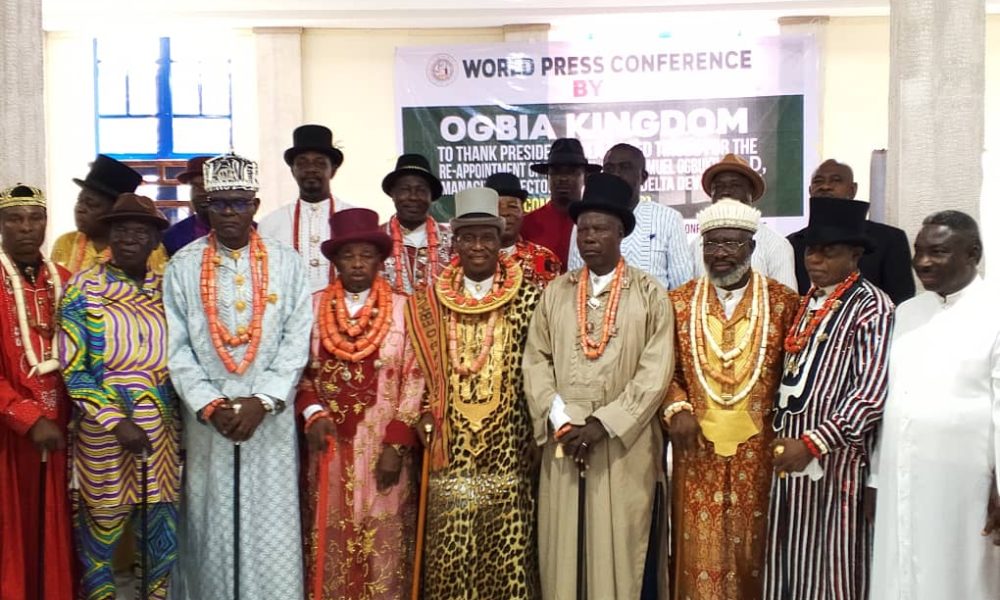Recent relations between Nigeria and South Africa have often been marked by malevolence; yet they reflect broader themes within African geopolitics. Cooperation and competition, regional dominance, historical solidarity, xenophobia, and economic rivalry remain critical drivers of this relationship. However,both nations remain pivotal in shaping Africa’s future. Their interactions will always provide a mirror for the continent’s complexities. The policies and actions of Nigeria and South Africa will significantly influence the trajectory of African geopolitics, particularly in how they manage these dynamics.Historical Solidarity: A Legacy of SupportDespite competition, Nigeria and South Africa share a legacy of solidarity from their anti-apartheid struggles. Nigeria’s political and financial support for the ANC and condemnation of apartheid at international forums highlighted its commitment to equality. However, recent tensions reveal the fragility of this bond, showing how historical unity can be overshadowed by present-day conflicts.Regional Dominance: The Competition for InfluenceAt the core of Nigeria-South Africa relations is a fierce competition for regional dominance. Nigeria, with a GDP of approximately $450 billion in 2023, primarily thrives on its oil and gas sector—accounting for 90% of export revenues. South Africa, with a GDP of about $400 billion, maintains a more diversified economy supported by mining, manufacturing, and services. Accordingly, their seeming competitive geopolitical aspirations manifest in roles contiguousness and almost at par. Nigeria plays a crucial part in ECOWAS, advocating for governance reforms, while South Africa leads the SADC and is engaged in peacekeeping efforts.Nigeria and South Africa’s rivalry extends to the African Union too. There, diverging priorities fuel election tussles. For instance, during the 2012 AU Commission elections, Nigeria supported incumbent Jean Ping, while South Africa backed Nkosazana Dlamini-Zuma. This controversial election highlighted the historical tensions between these nations. Dlamini-Zuma ultimately won, marking a significant assertion of South Africa’s influence within the AU. Such seeming political clashes illustrate the struggle for dominance, complicating collaboration on regional challenges like climate change.Xenophobia: The Challenges of Bilateral RelationsXenophobia significantly challenges Nigeria-South Africa relations, with violence against Nigerians in South Africa causing diplomatic tensions and public outrage. But economic challenges in South Africa, especially in the black population frequently fuel xenophobic sentiments. This was observed during the backlash against Chidimma Adetshina, a Nigerian contestant in the Miss South Africa pageant, who withdrew following social media attacks. In 2021, over 1,000 attacks on foreign nationals were reported in South Africa. Government condemnation lacked effective action; so proactive engagement from both governments and civil societies is essential to combat xenophobia and foster mutual respect.
Economic Competition: Rivalry in ProsperityThe economic relationship between Nigeria and South Africa highlights disparities: Nigeria’s oil-dependent economy is vulnerable to price fluctuations, while South Africa’s diversified economy excels in mining, manufacturing, and services. As both countries pursue economic power, trade relations have evolved, with bilateral trade reaching approximately $2.5 billion in 2022. South African firms, such as MTN in telecommunications and Standard Bank in banking, have made considerable investments in Nigeria, contributing over $1 billion to infrastructure. Conversely, Nigeria exports crude oil and agricultural products to South Africa, emphasizing their interdependence. However, economic exchanges have often led to disputes over protectionist policies and trade barriers.Geopolitical Dynamics: Broader ImplicationsNigeria and South Africa’s complex ‘cat and dog’ games may not necessarily negate Africa’s geopolitical machinery. The underlying malefactor might however devolve to pettiness, to use the word. How would that even influence regional security, trade, and development? Recent incidents, such as prank orders on ride-hailing platforms like Uber and Bolt, illustrate such reduction to street fighting. Albeit, it is unlikely even though South Africa lost and apologized to Nigeria, such could ever disrupt movements and operation. But the phenomenon highlights the need for improved cross-cultural understanding; especially among young people in the two countries. Moreover, the two nations’ active collaboration within the African Continental Free Trade Area (AfCFTA) is crucial for promoting sustainable development and enhancing bilateral ties.The FutureUltimately, fostering cooperation over competition between Nigeria and South Africa is crucial for a positive relationship. Their partnership will significantly influence Africa’s resilience and prosperity within the shifting geopolitical landscape of BRICS and the Western hemisphere. Prioritizing dialogue and cooperation are essential to address issues like xenophobia and economic rivalry, shaping regional security, trade, and development.















